
Along the West Coast of North America, Reef Check helps ensure the long-term sustainability and health of the nearshore rocky reefs and kelp forests. Reef Check volunteer citizen scientists are divers, fishermen, kayakers, surfers, boaters, and a wide range of people who take a proactive role in making sure that our nearshore ecosystems are healthy and well managed. We train scuba divers to be citizen scientists familiar with local marine life and how to survey kelp forests. We provide them with the skills to conduct scientific surveys and then lead them in monitoring kelp forests along the West Coast of North America.
The Garibaldi (Hypsypops rubicundrus) is California’s state marine fish. These fish make nests and after the female lays her eggs, the male Garibaldi will guard the nest from anyone who ventures near.
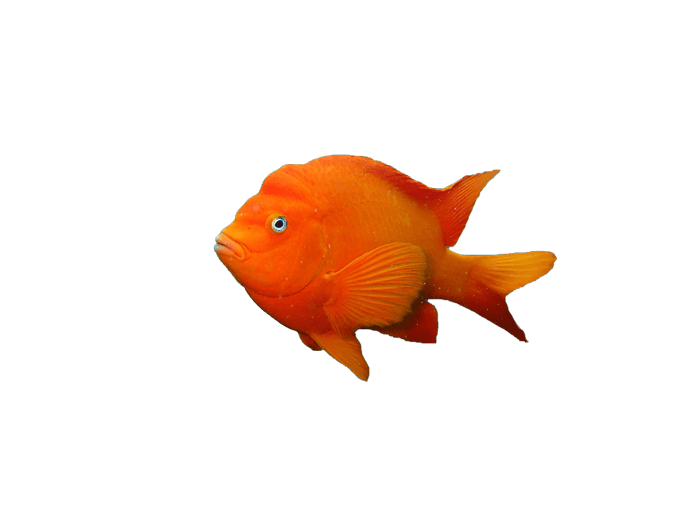
We monitor kelp forests inside and outside of California’s marine protected areas (MPAs). We work with marine managers, researchers, and the public to provide scientific data needed to make informed, science-based decisions for the sustainable management and conservation of California’s ocean. Our data is used to manage California’s network of 124 MPAs.
Our climate change project tracks ocean temperature at 75 of our monitoring sites, and at six of them, we are investigating changes such as ocean acidification and hypoxia. We aim to use this information from sentinel sites to begin to understand the effects of climate change on ocean life and how to mitigate them.
Through our kelp forest restoration program, we seek to establish two restoration sites in Mendocino County: Noyo Harbor and Albion Cove. These sites will serve as refuges and seed banks for surrounding areas in hopes that kelp can reestablish in northern California where it has been lost from 100’s of miles of coast. In addition to the ecological benefits of this project, it will also provide a substantial economic benefit to the fishing community of Fort Bragg, which has been hard hit by the effective loss of its two most important fisheries.
The sunflower star (Pycnopodia helianthoides) is typically found from Central California all the way north to Alaska. They can grow up to three feet wide and have lots and lots of arms. Unfortunately, the sunflower star has almost disappeared due to a disease that affected many sea stars along the Eastern Pacific Coast, including California.
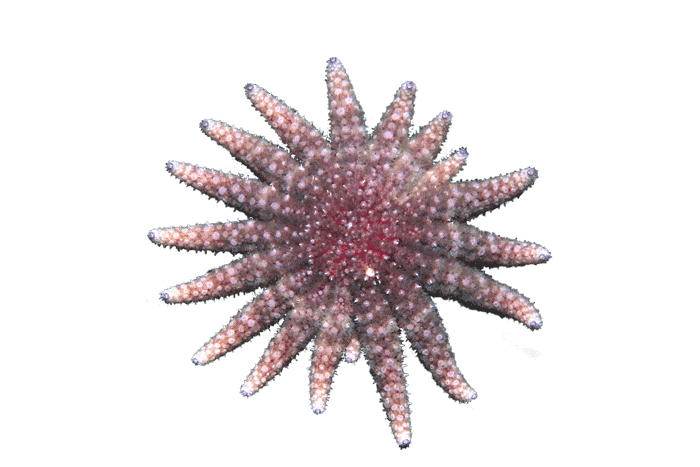
Black Rockfish (Sebastes melanops) live in the northeast Pacific and are often seen in California. They can live to be 50 years old and can grow to be almost two feet long!
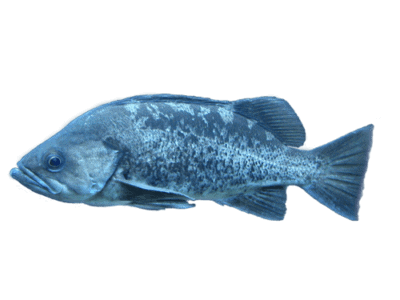
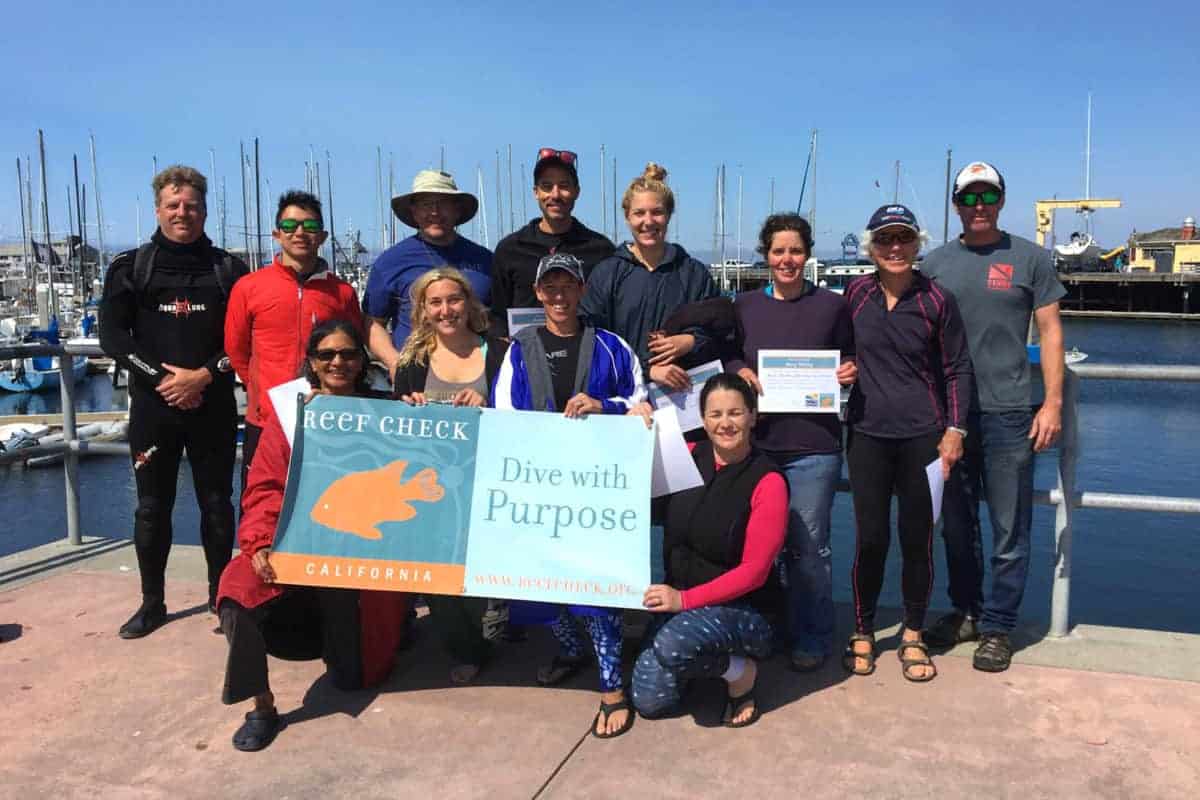
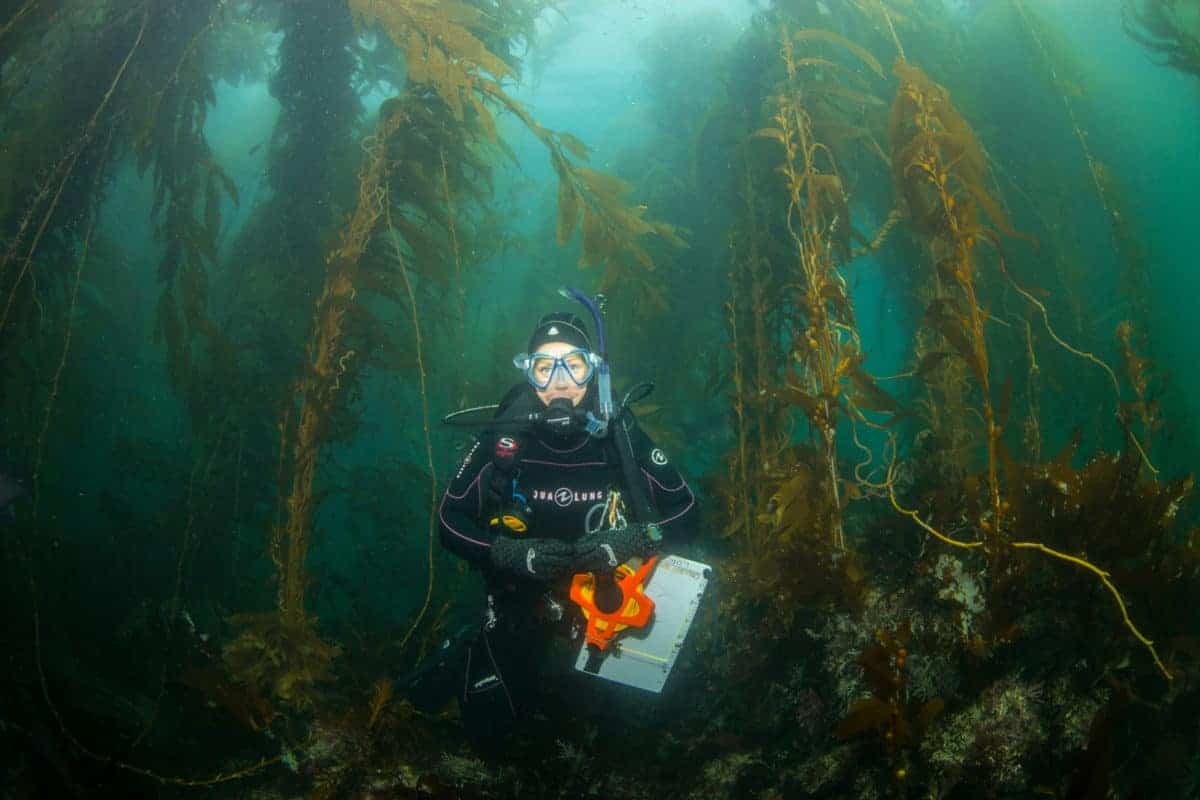
Enroll in one of Reef Check’s training courses to help our teams monitor kelp forest health.
CoursesReef Check’s Adopt a Reef program gives ocean enthusiasts (like yourself!) an easy way to support community-based monitoring and conservation of kelp forests and of tropical coral reefs worldwide. Have a favorite reef or dive site? Sponsor any of Reef Check’s survey sites and your donation will allow Reef Check to strengthen and empower local communities through scientific research, education, and community engagement.
Adopt A Reef